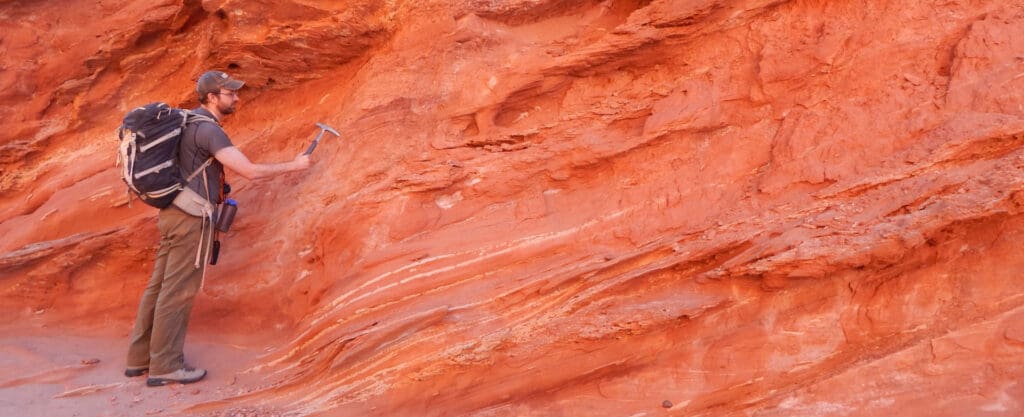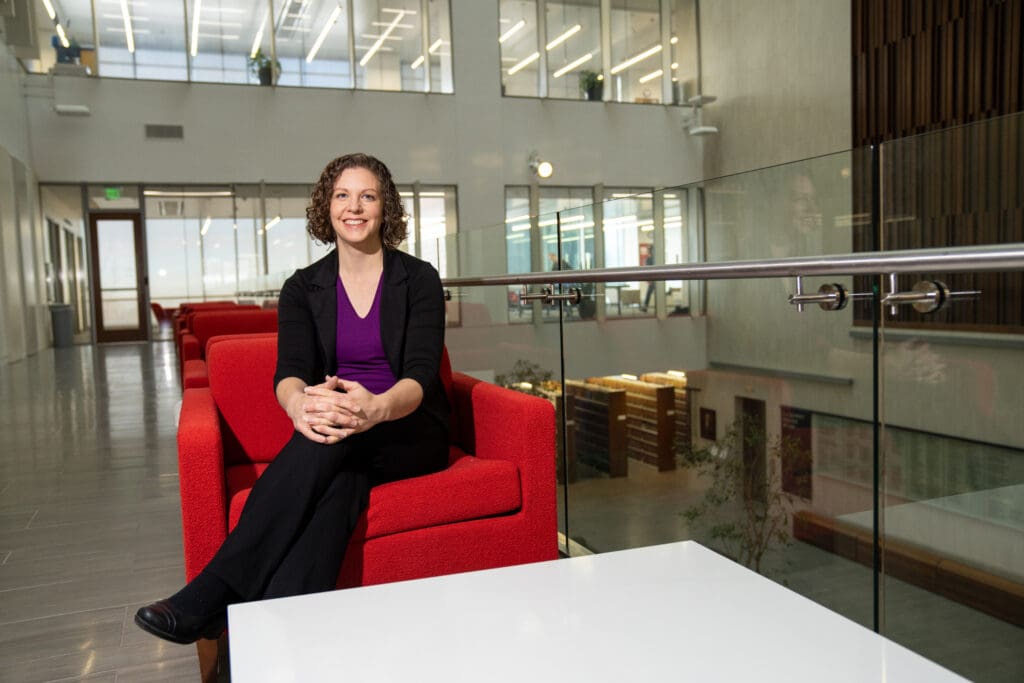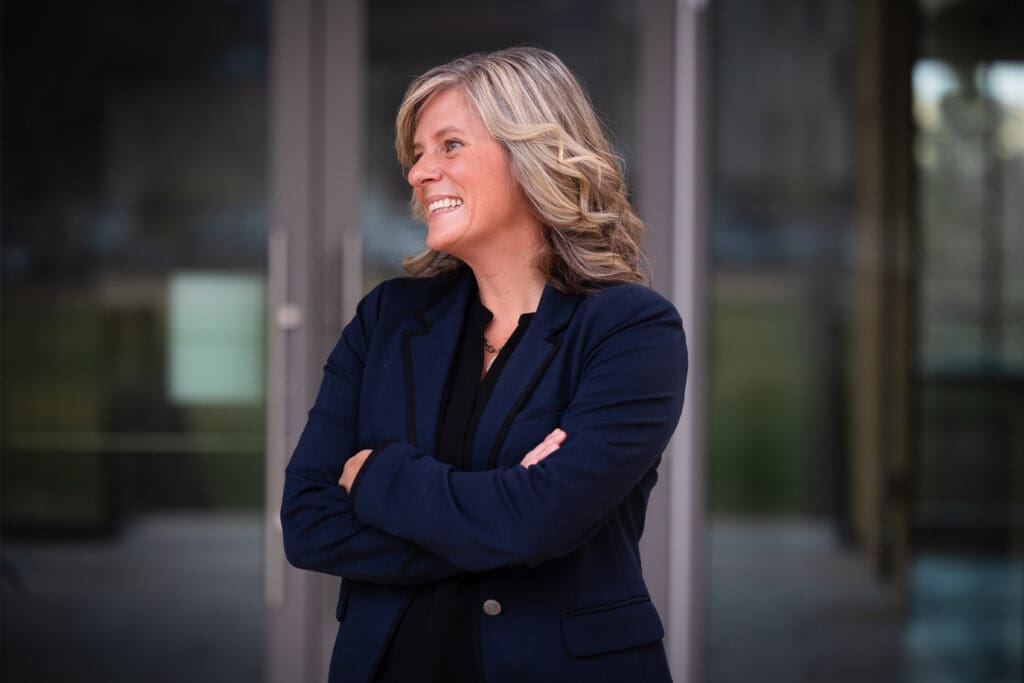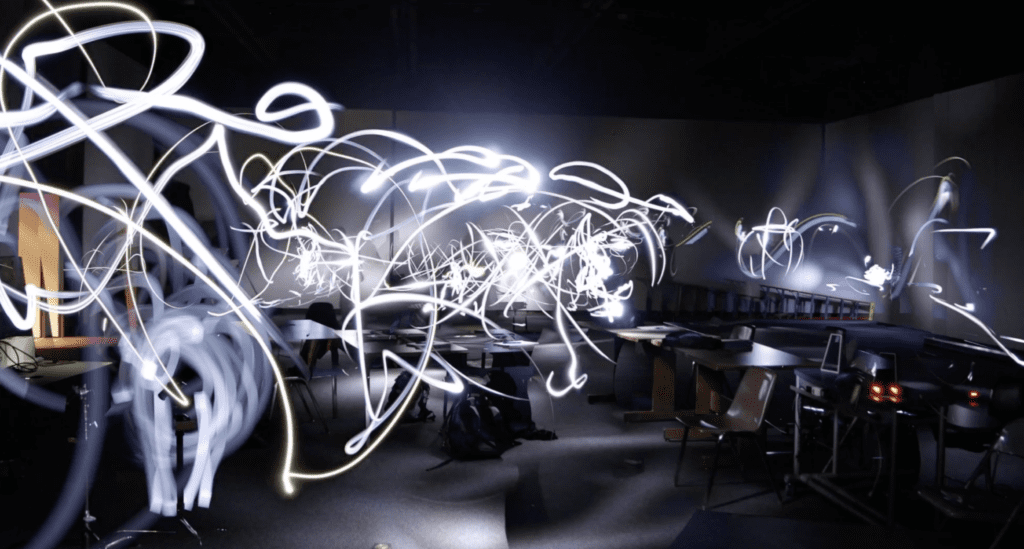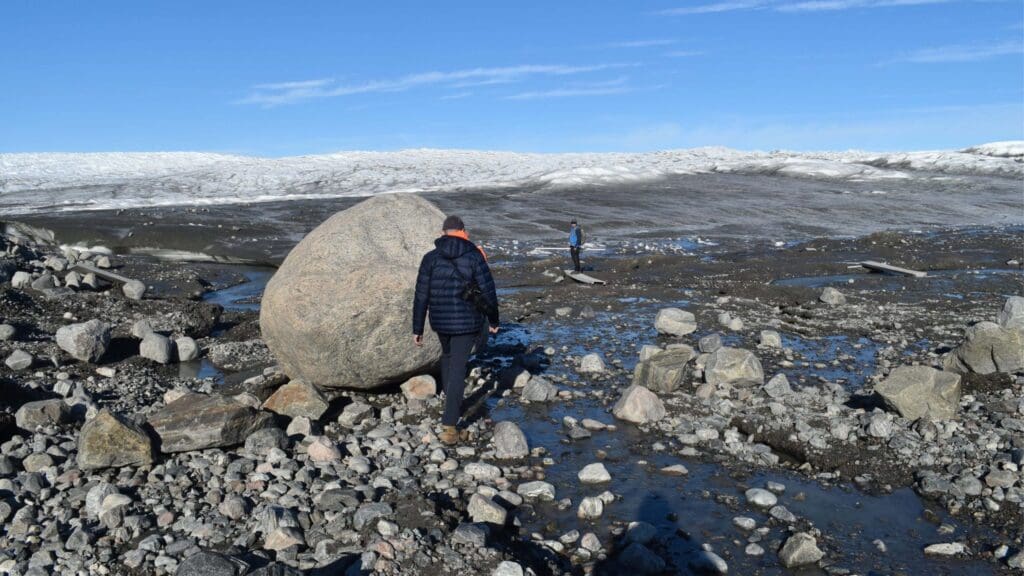May 26, 2023
On the Edge of Transformation
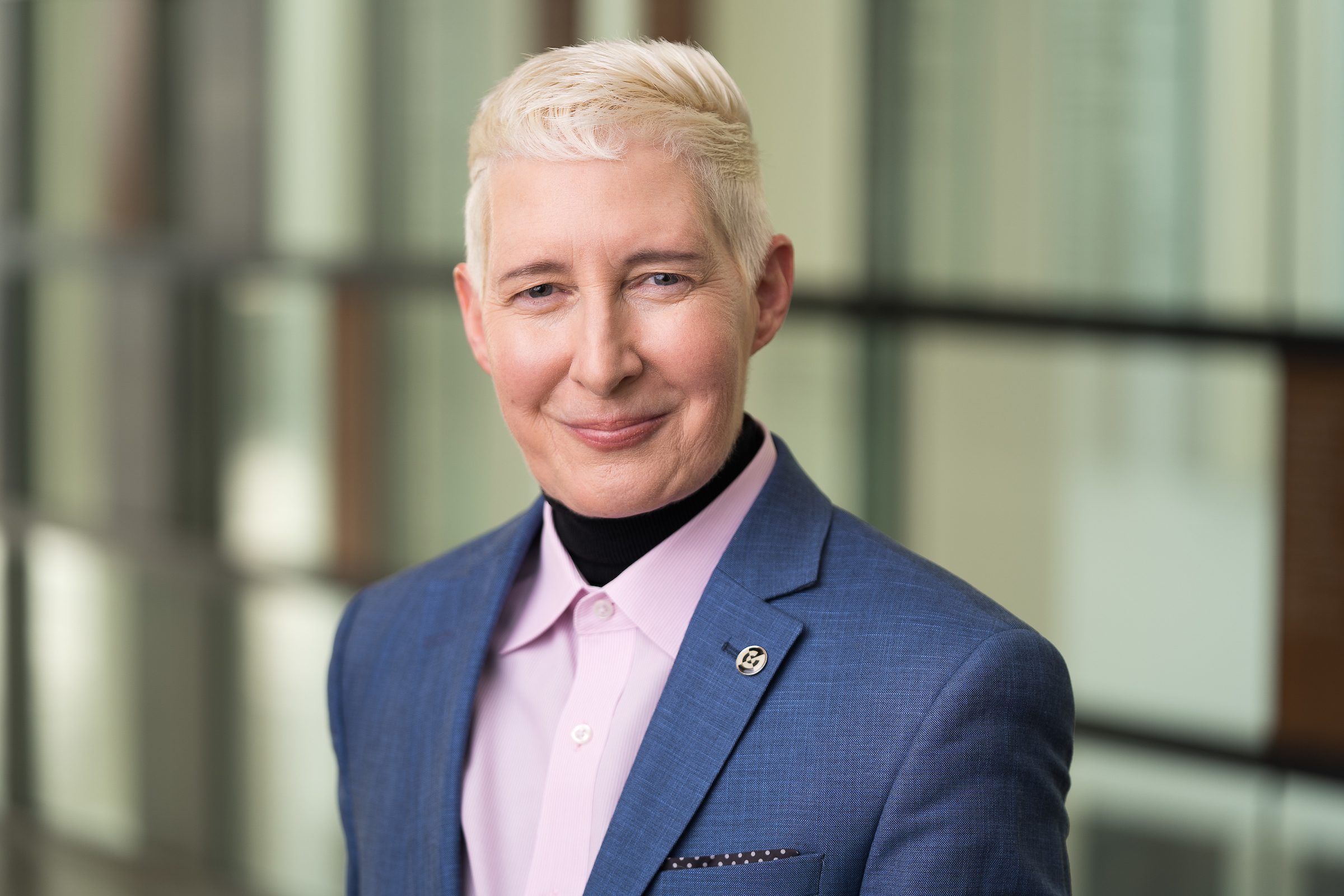
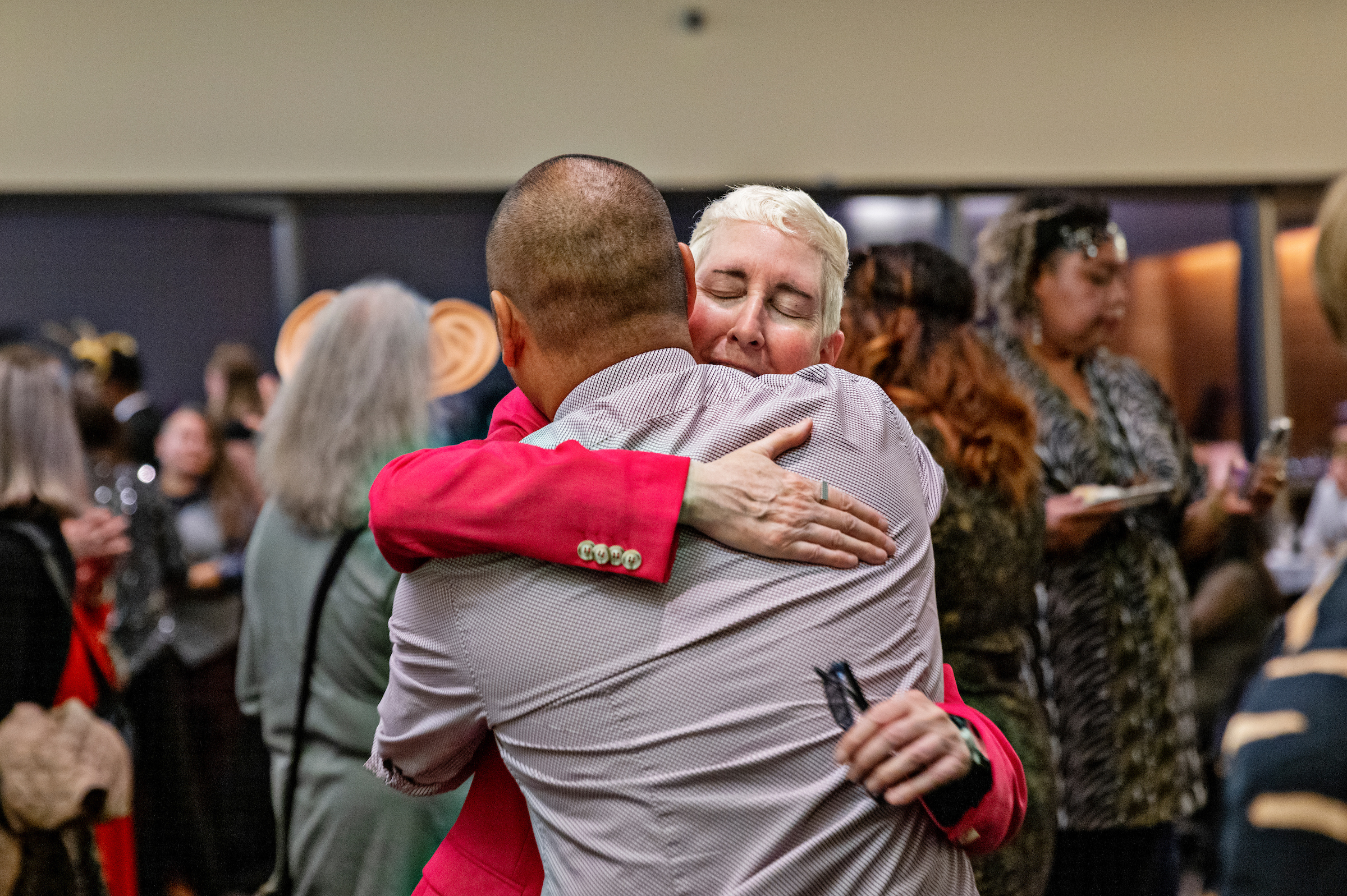
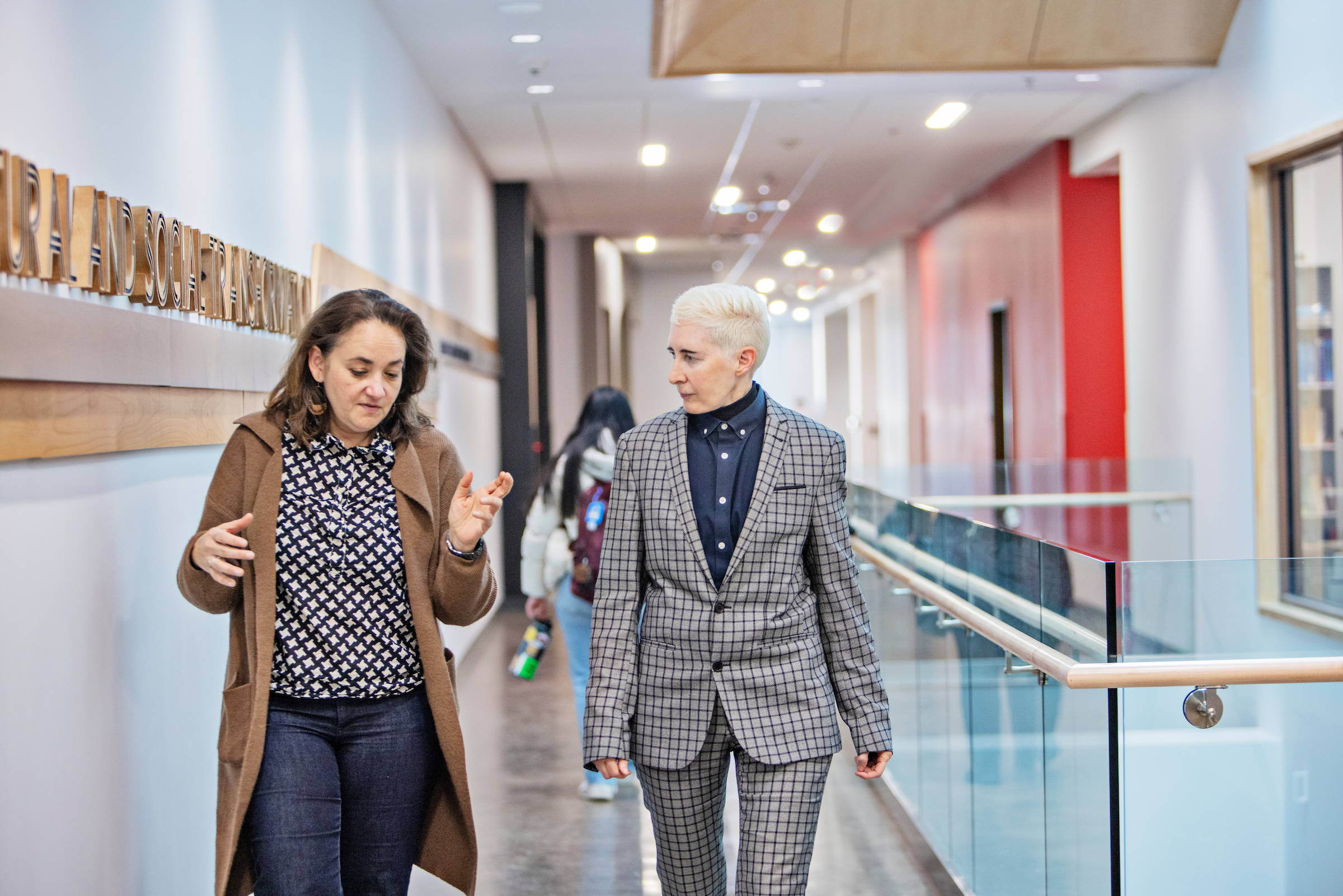
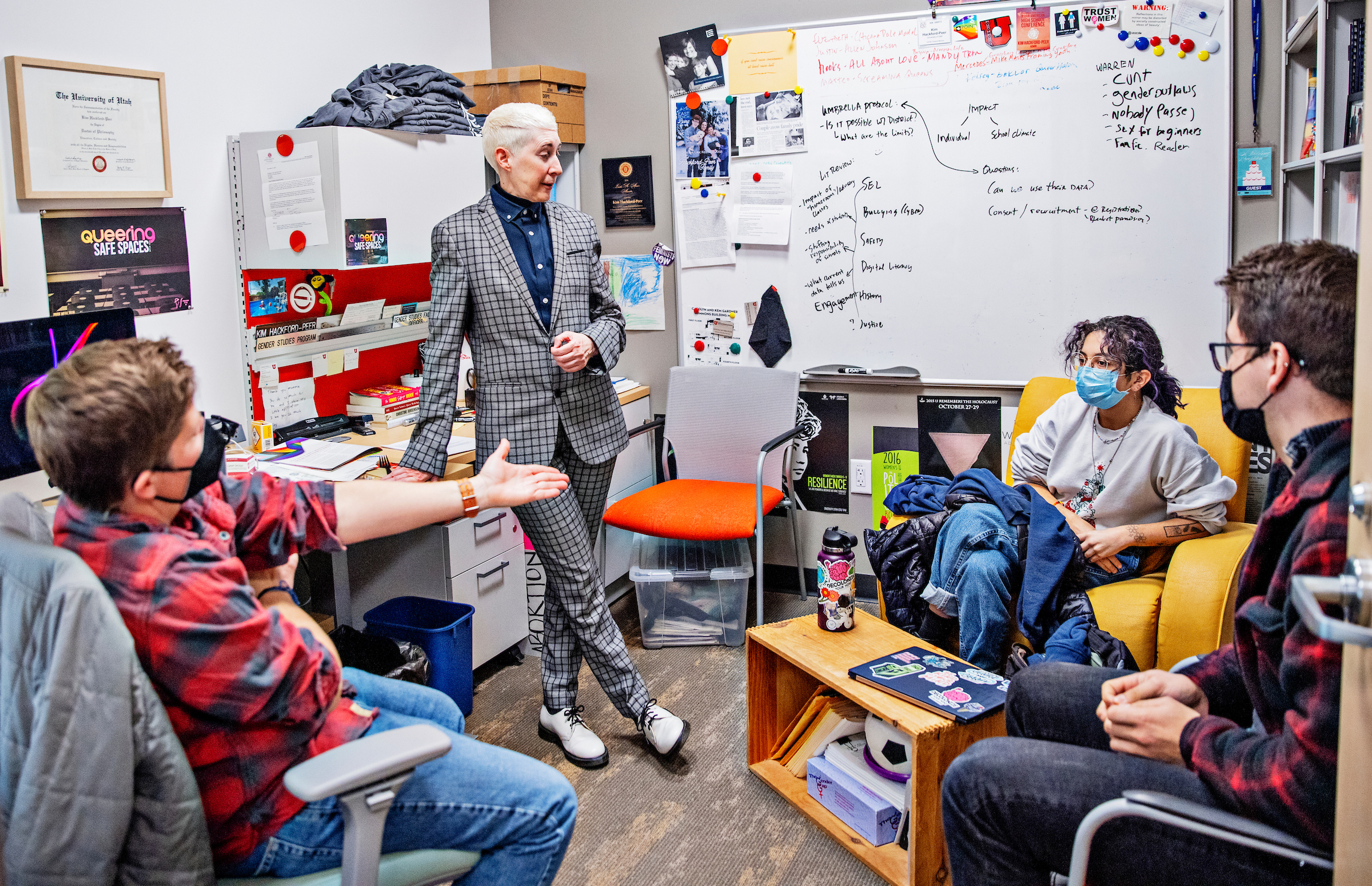
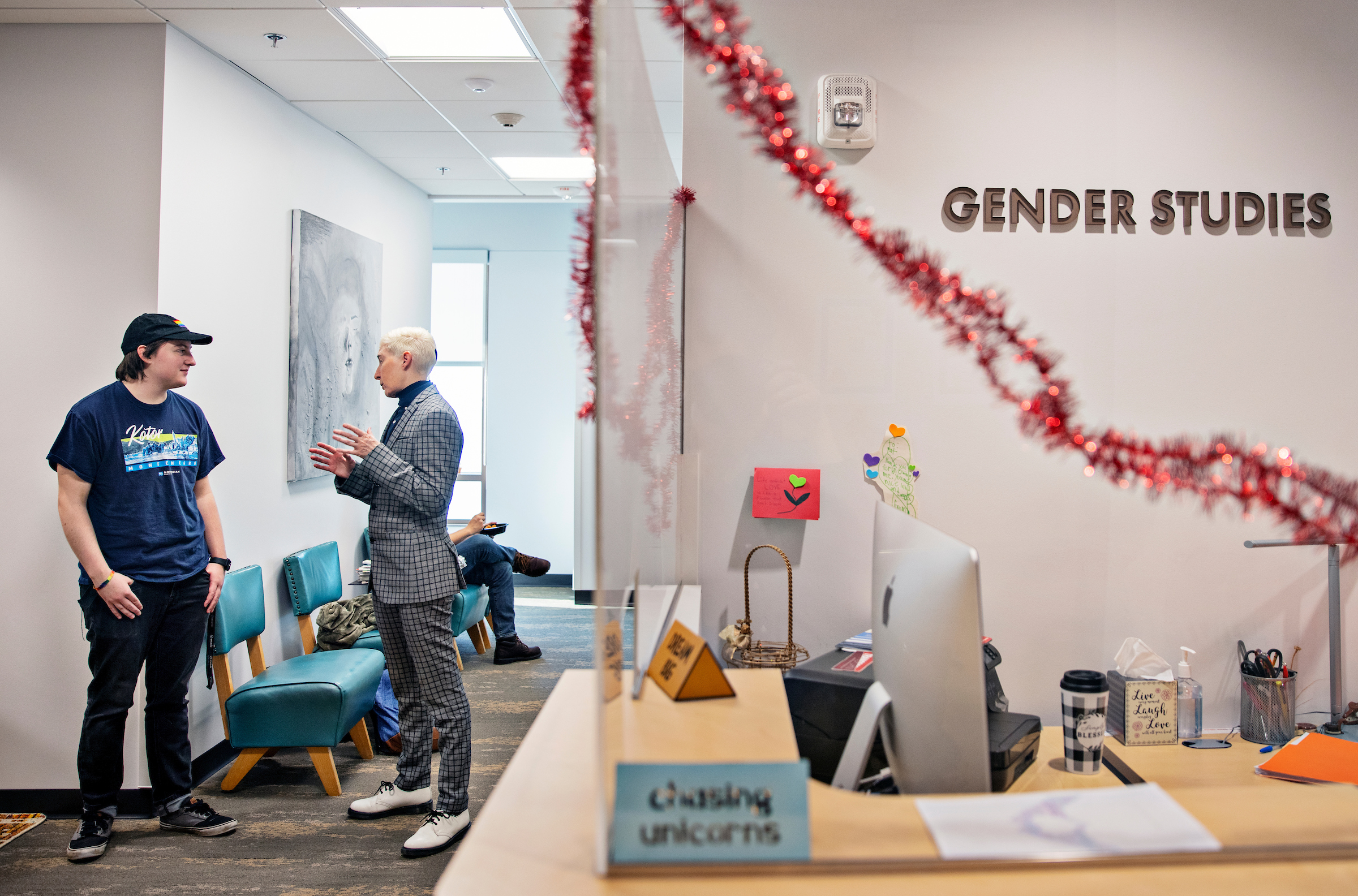
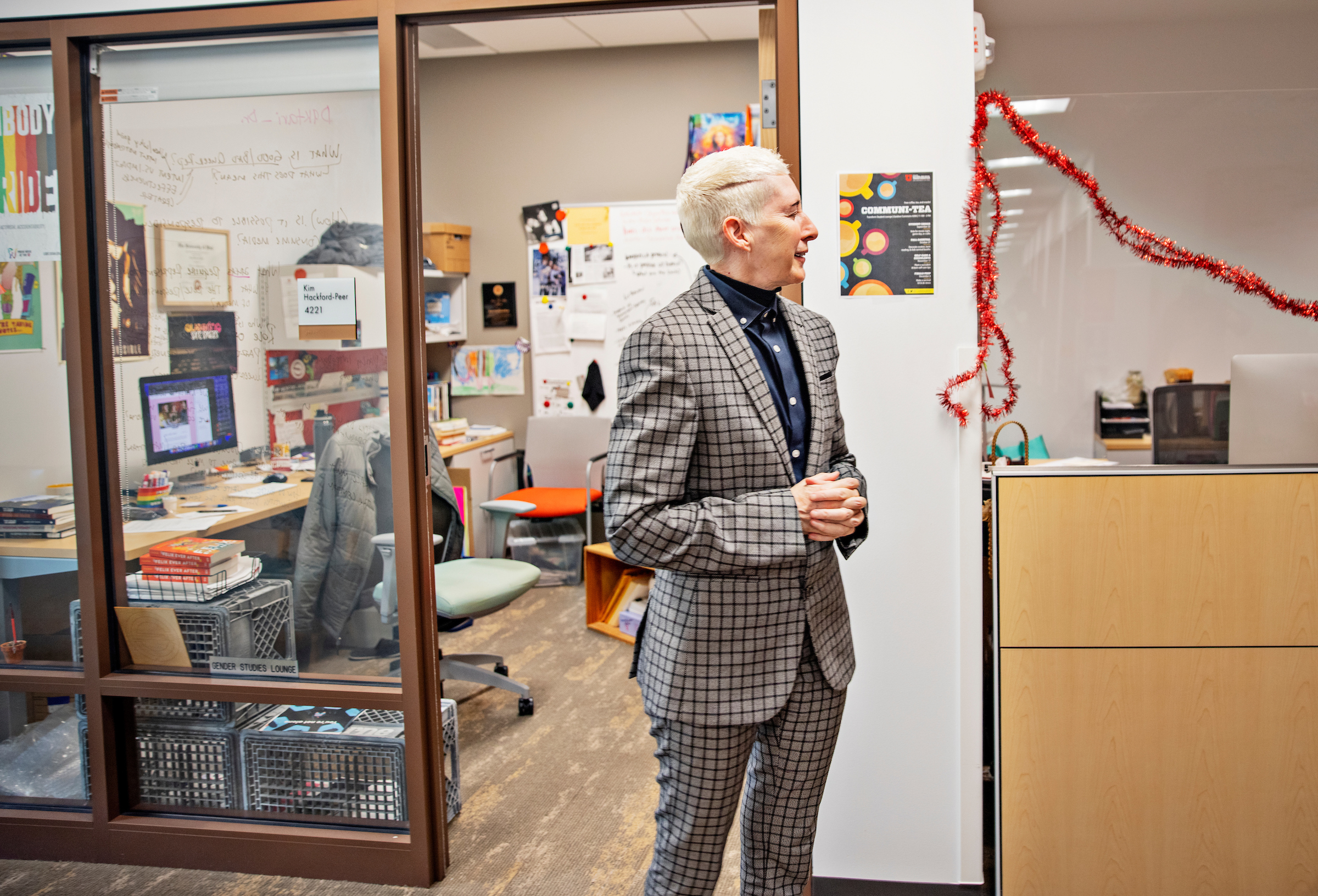
Dean Kathryn Bond Stockton embraces the controversy—and reward—that welcoming challenges brings
In 1987, Elton John had not yet publicly come out as gay. It would be another ten years before Ellen would come out. It was, as Kathryn Bond Stockton, dean of the School for Cultural and Social Transformation notes, a very different time. “Things were much more closeted,” she says.
Dean Stockton, however, was unapologetically living authentically to her true self—even if doing so meant her dream of becoming an Episcopal priest would not be realized. Though she had completed a Master of Divinity from Yale Divinity School, Dean Stockton could not become ordained while openly gay. Unwilling to compromise, she returned to school to earn both a master’s and doctoral degree from Brown University.
It was in 1987 that Dean Stockton made the move to Salt Lake City to teach English literature at the University of Utah. It was, perhaps, an unlikely place for her to land. But she couldn’t get Utah out of her mind, feeling as though she was standing at the precipice of great change—and she was up for the challenges that being part of this change might present.

“What was exciting about coming to Utah was being on the cutting edge—the sort of vanguard scene of professors deciding that they could live their lives as out people in the classroom, engaging their students in the way that they felt themselves to be,” Dean Stockton says. “And I wanted to go to a place where I felt many students would disagree with me. I wanted that spark of very different minds connecting. And frankly, I wanted to come to a place where I felt that gay students and feminists might need an ally. Utah fit the bill on all those marks.”
Being in Utah also provided opportunity for Dean Stockton to channel her interest in spirituality, finding that its intersection with gender and sexuality was a common theme in both the literature she studied and taught as well as in conversations taking place in the classroom.
“Spiritual seemed a constantly live issue: being lived by people, being studied by people, being challenged by people. That felt good to me for the ideas that I wanted to explore. Having a divinity degree, in many ways, was perfect preparation for the life that I was going to lead in Utah,” Dean Stockton says.
A lot has changed since Dean Stockton arrived in Utah from the East Coast but, in some ways, much is the same. Individuals are still fighting for the right to be their authentic selves, and biases stemming from systemic oppression against marginalized community members still manifest in inhumane ways. But to inspire change, one must be on the cutting edge of transformation, which is exactly where Dean Stockton has been her entire career.
Teaching English literature at the University of Utah gave Dean Stockton the opportunity to be challenged by her students, but it also allowed her to present new theories, ideas, and cultures in the classroom. A 19th century scholar of Victorian literature, Dean Stockton made the switch 20th century American literature so that she could use her classroom as a vessel for helping students explore issues surrounding sexuality and racialized gender.

“I was working with many students of tremendous goodwill, but who did not understand much about their own racial formation or anybody else’s,” Dean Stockton says. “I became passionate. I wanted to help my students understand racial history and racial change. And it changed me.”
Her desire to bring different minds together to disagree—and spark conversation that might make movement toward empathy—has manifested in evolving her course curriculum, encouraging students to lead discourse for change, and, ultimately, spearheading the creation of the School of Cultural and Social Transformation, referred to as Transform.
In 2015, students made demands at the Open Dialogue on Racial Climate, asking that the university not roll back or make cuts to programs such as ethnic and gender studies. The university responded by providing funding to develop a new college.
“We were given permission to create a proposal to become a freestanding college,” Dean Stockton says. “To become something we called a school for intersectional inquiry for studying how race, class, gender, sexuality, disabilities, citizenship status, religion, and many other entities in our lives intersect one another.”
It was one year later, in the summer of 2016, when the School of Cultural and Social Transformation was officially established. Now going into its seventh year, Dean Stockton says creating the college was a lot of work because of the intention to intersect areas of study that all have different field formations. It is, in fact, rarely done. “It’s a challenge to bring together entities that have very decided pasts and histories that you wish to honor,” Dean Stockton explains. “But to bring people together, most of the work that we’re doing is intersectional in this way. It makes sense for us to be together.”
The hard work has paid off. Transform recently received a large grant from the Andrew W. Mellon Foundation to establish an intersectional studies collective based at the University of Utah. The grant mandates that the school tries to build both an in-state and national network for intersectional studies.
“We’re one of only five universities in the country to be selected for this honor,” Dean Stockton says. “We’re pretty excited to be recognized as a national leader in this conversation.”
And as Transform looks to the future, the school is seeing its graduates enter their careers deeply prepared to be the fuel that sparks conversation, inspires empathy, and drives connection. “Utah is one of those places where the most exquisite change is happening,” Dean Stockton says. “And I think it will be our students going out into the world that will help to keep changing the ideas that live outside the university.”

